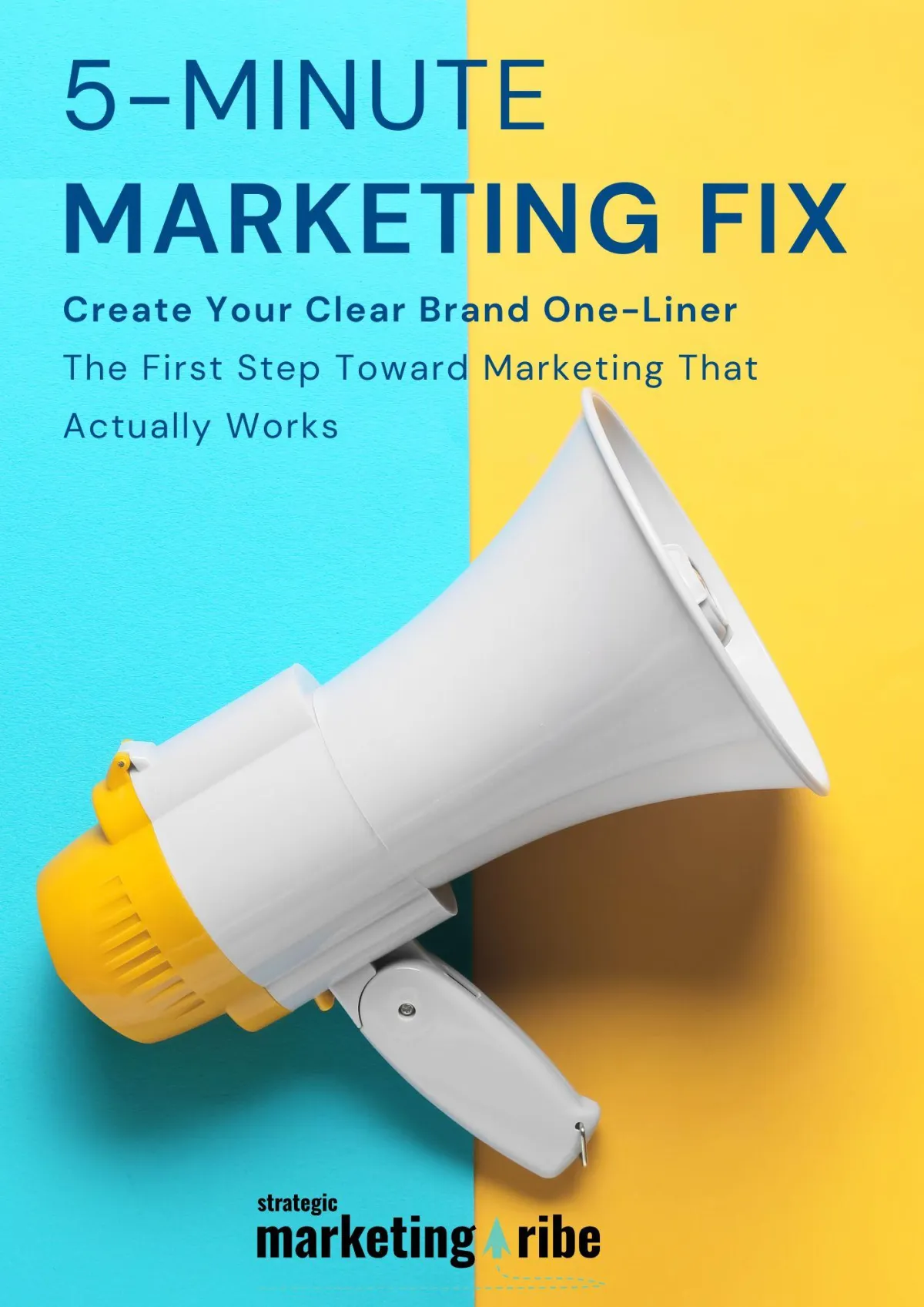NEWS, MEET STRATEGY
Real news, real insights – for small businesses who want to understand what’s happening and why it matters.

Voice Search SEO in 2025: What Small Businesses Must Do Differently
By Vicky Sidler | Published 11 July 2025 at 12:00 GMT
Hey Siri, how do I stop falling behind in marketing?
That’s not a joke. It’s a very real way your future customers might be trying to find you. If you’re still stuffing your website with stiff phrases like “best plumber Cape Town,” it’s time to adapt.
Because here’s the thing: voice search isn’t coming. According to a recent Forbes report, it’s already here.
TL;DR
20% of all mobile Google searches are now voice-based.
Voice queries are longer, more conversational, and often phrased as questions.
Short, clear answers win—especially in FAQ pages.
Start with “Who,” “What,” “When,” “Where,” “Why,” or “How” questions.
Add longtail keywords and natural language into every campaign—especially press releases and landing pages.
Not sure where to start? Fix your messaging first. Get the 5-Minute Marketing Fix—it’s free, fast, and helps you get found.
Why Voice Search Is a Different Beast:
Search engines are no longer just boxy rectangles waiting for someone to type “hairdresser near me.” These days, people are literally talking to their phones—sometimes while driving, half-asleep, or yelling over a barking dog.
That means the way people search is changing. Voice search is:
Longer (think “What’s the best marketing strategy for a plumbing business?”)
Conversational (more like real human talk, less like robot keywords)
Question-based (starting with Who, What, Where, When, Why, or How)
So if your website still sounds like it was written by a legal team with a caffeine problem, you’re missing out.
The FAQ Page Is Your New Secret Weapon:
You've heard it before: writing the obvious questions everyone asks can actually help you rank.
Voice search loves FAQ-style content. But don’t just slap some questions on a page and call it a day. Here’s what works:
Start each question with a “who,” “what,” “how,” etc.
Use your real customer questions. (If you hear it twice, it belongs on the page.)
Answer clearly and right away—in 2–3 sentences max.
Then, if needed, go deeper further down the page.
Think of it like giving Google a cheat sheet to your business. Short answers get picked up. Wordy essays get ignored.
As a StoryBrand Guide, I always say: if your answer can’t fit on a billboard, your customer won’t remember it. The same rule applies to voice search.
Stop Siloing SEO—Make It Part of Everything:
You don’t need a “Voice Search Campaign.” You need better habits.
That means:
When you write press releases, include conversational phrases people might say out loud: “How does this affect me?” or “Why should I care?”
On landing pages, add longtail phrases like “best bookkeeping software for freelancers” instead of just “bookkeeping software.”
When you plan social content, ask: Would someone say this?
As a Duct Tape Marketing Strategist, I’ve seen small business owners throw money at flashy SEO tricks without ever fixing the foundation. Voice search success is about consistency—same message, said clearly, everywhere.
Bonus Tip—Give the Algorithms Something to Work With:
Voice assistants pull from structured content and reliable sources. That means your site needs:
Clear headings
Logical layout
Schema markup if possible (talk to your web dev or Google it with snacks nearby)
It’s not about tricking Google. It’s about helping it understand you faster than it can say, “Did you mean…”
You Don’t Need a Whole New Website—Just a Clearer One:
Here’s the truth: most small businesses don’t need a “voice search strategy.” They need to stop sounding like a brochure and start sounding like a person.
If you don’t know where to begin, begin here:
Write one sentence that clearly says what you do, who you help, and why it matters.
Then build everything else around that.
I made a tool to help you do just that—fast. It’s called the 5-Minute Marketing Fix. Because sometimes the smartest SEO move isn’t another keyword. It’s clarity.

Created with clarity (and coffee)






